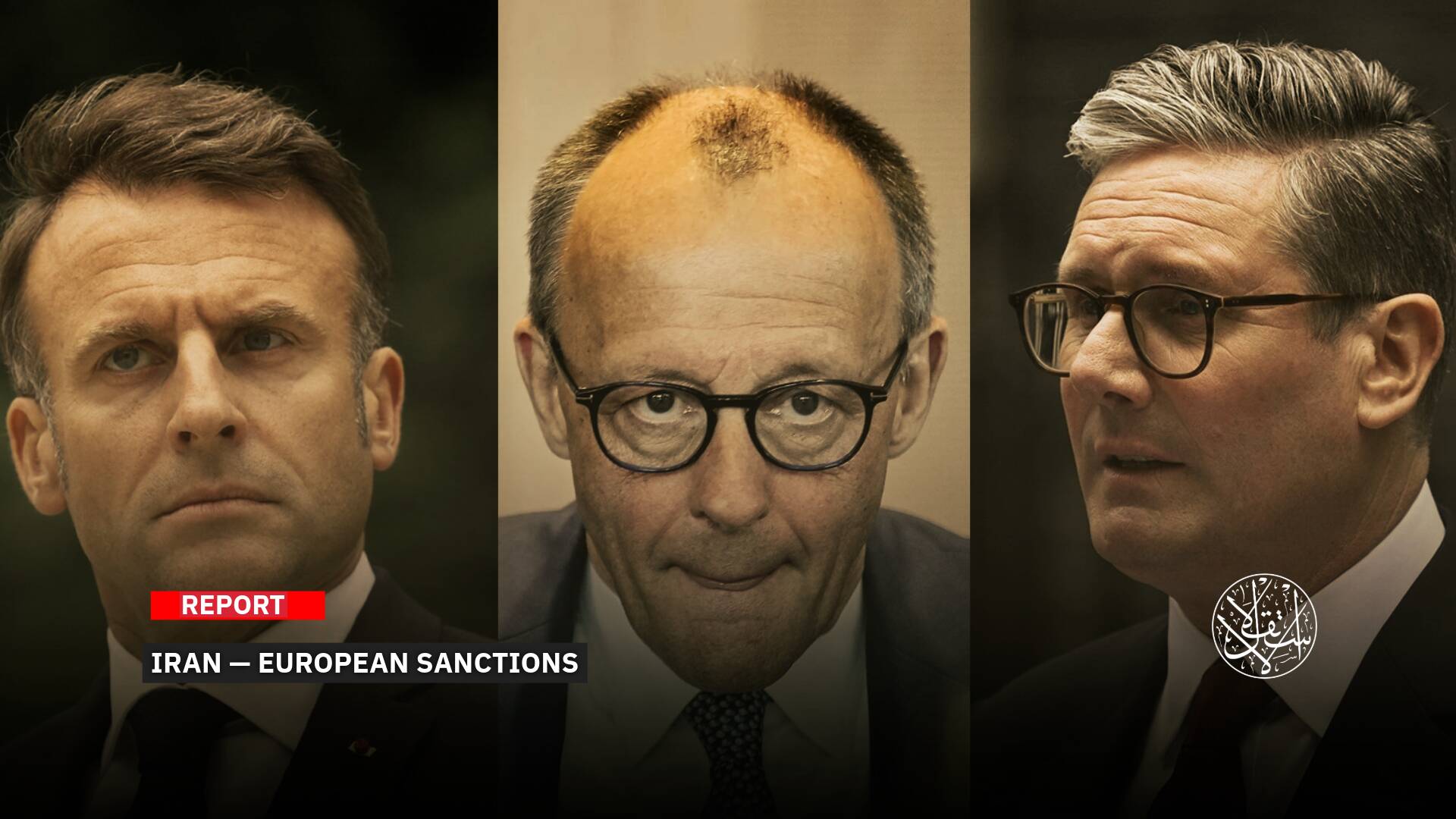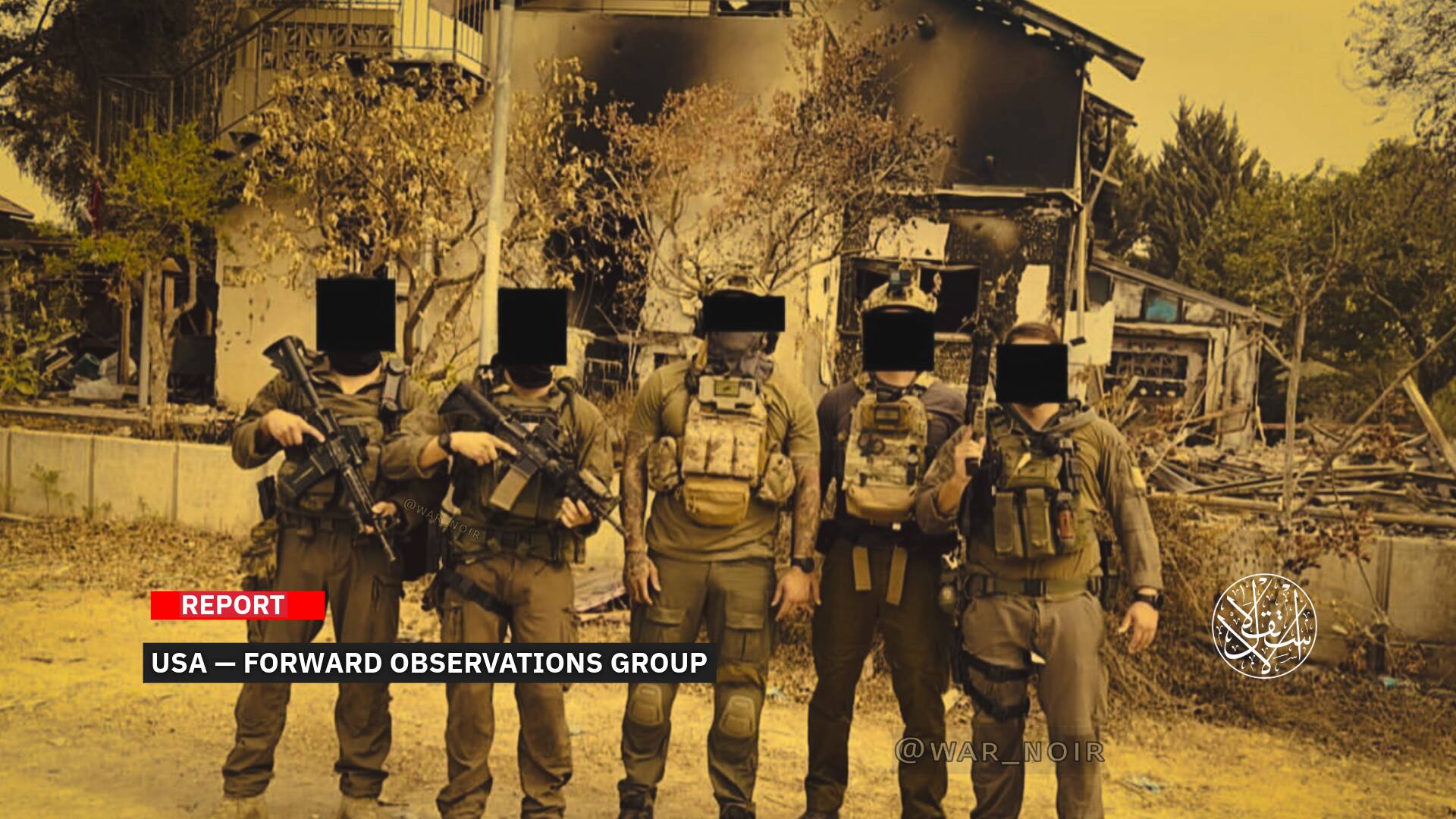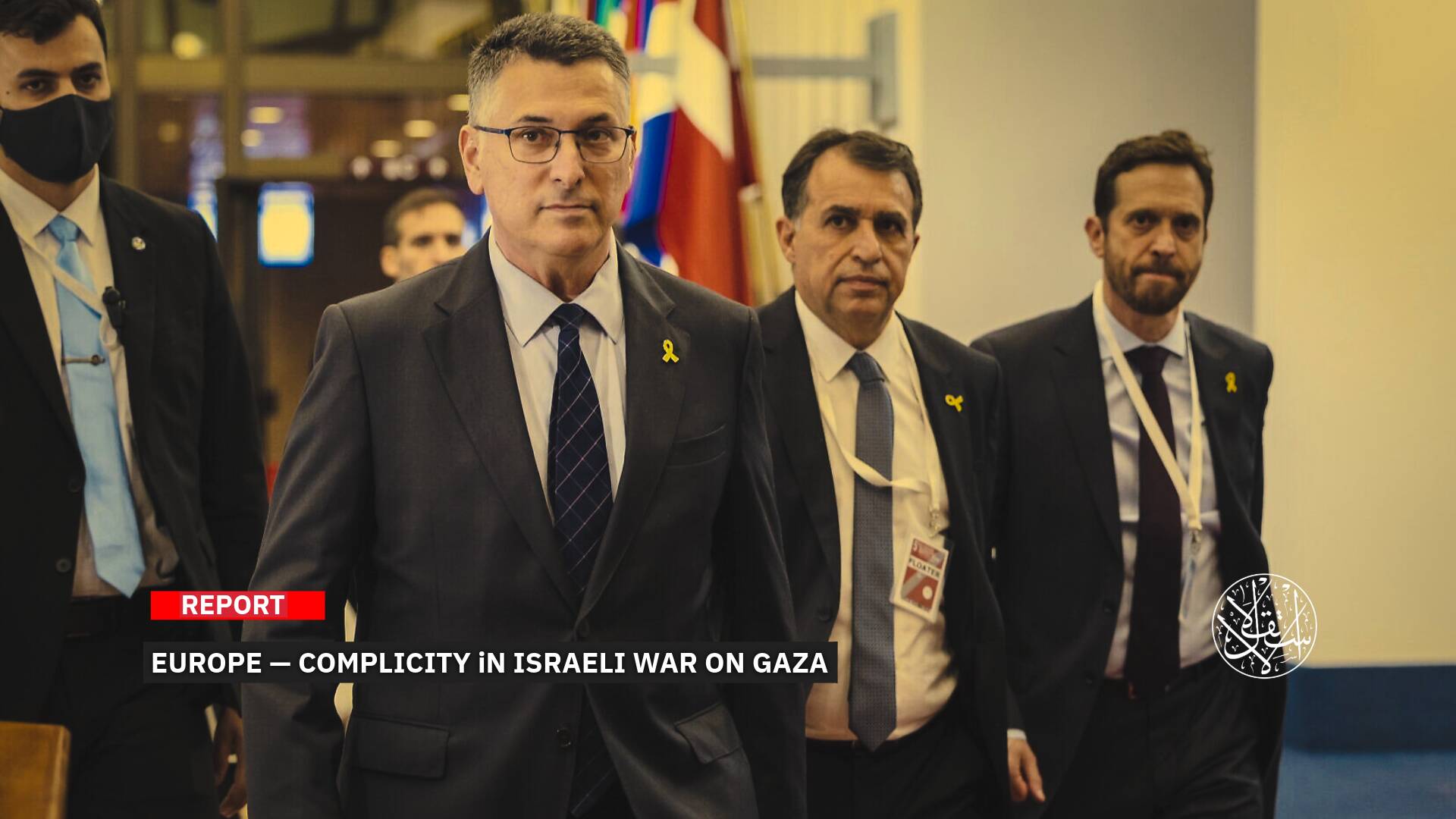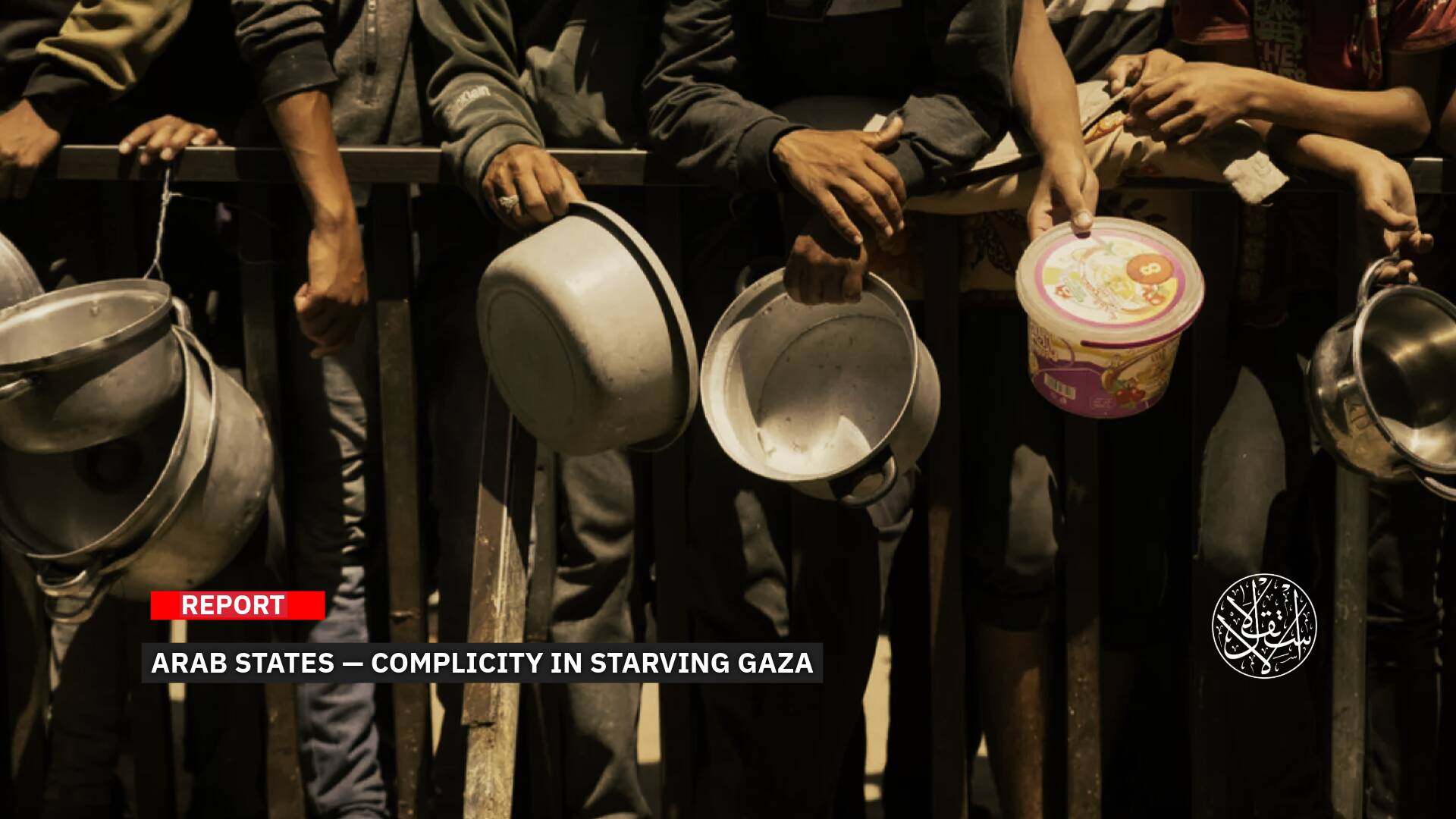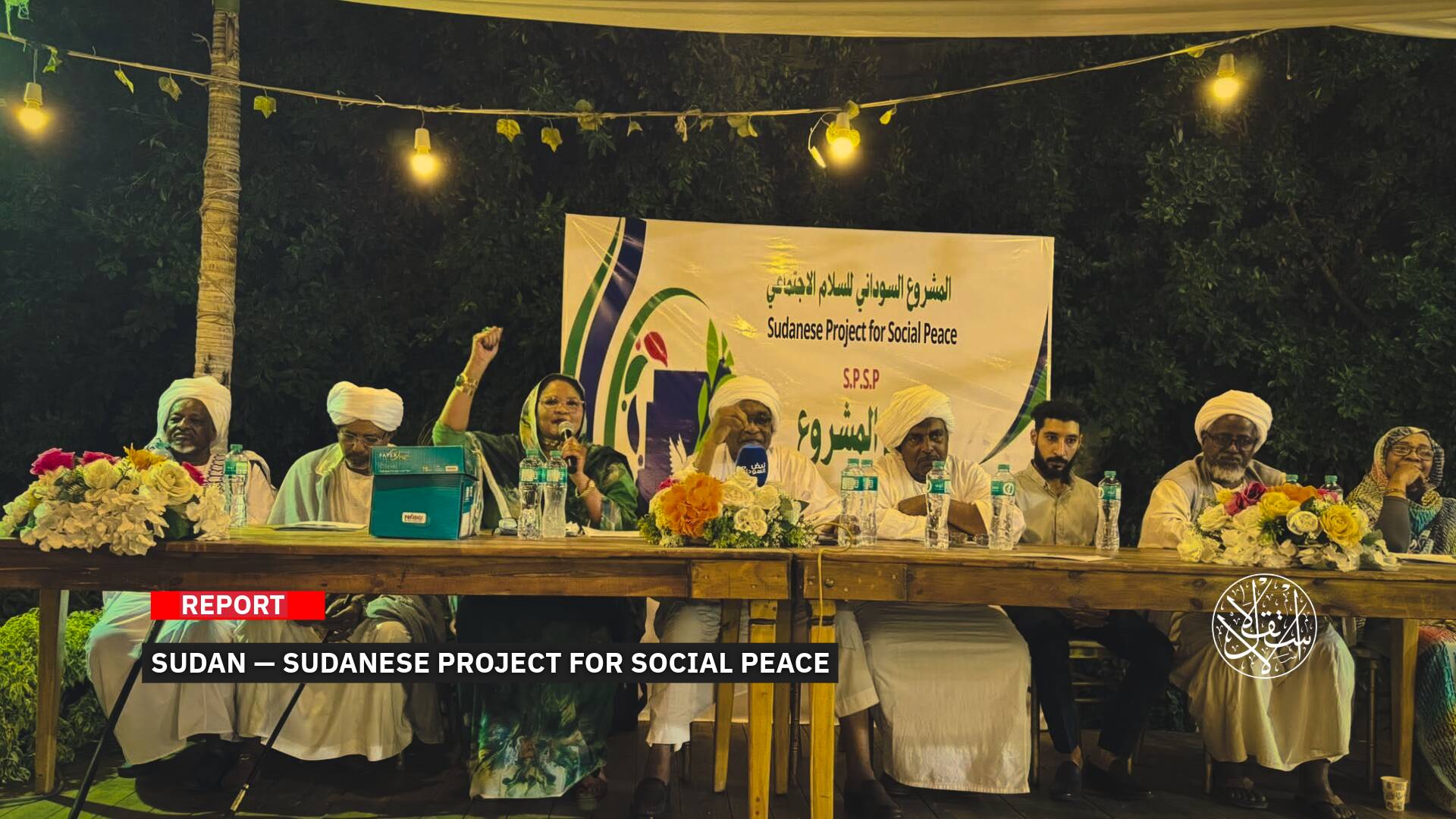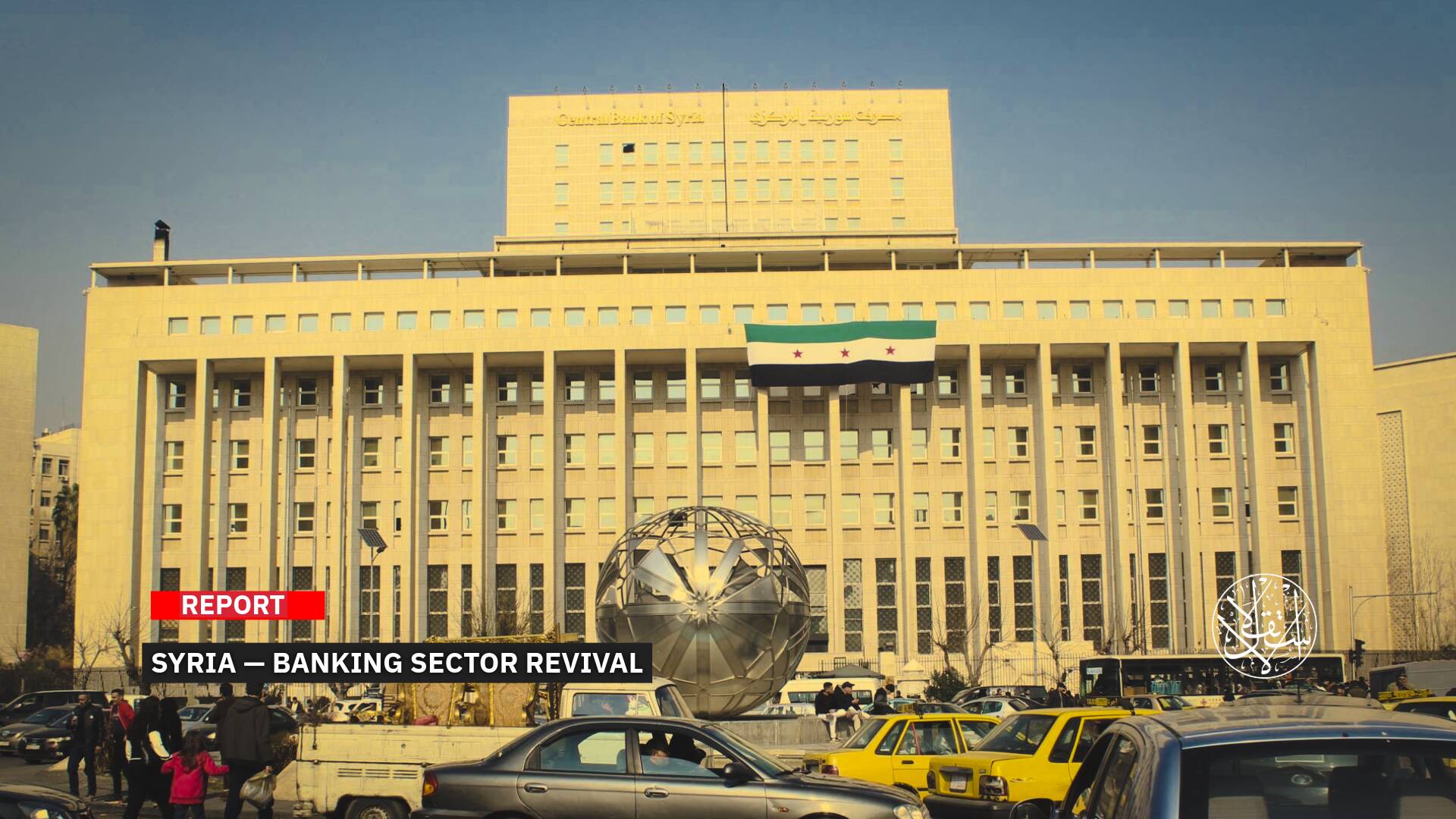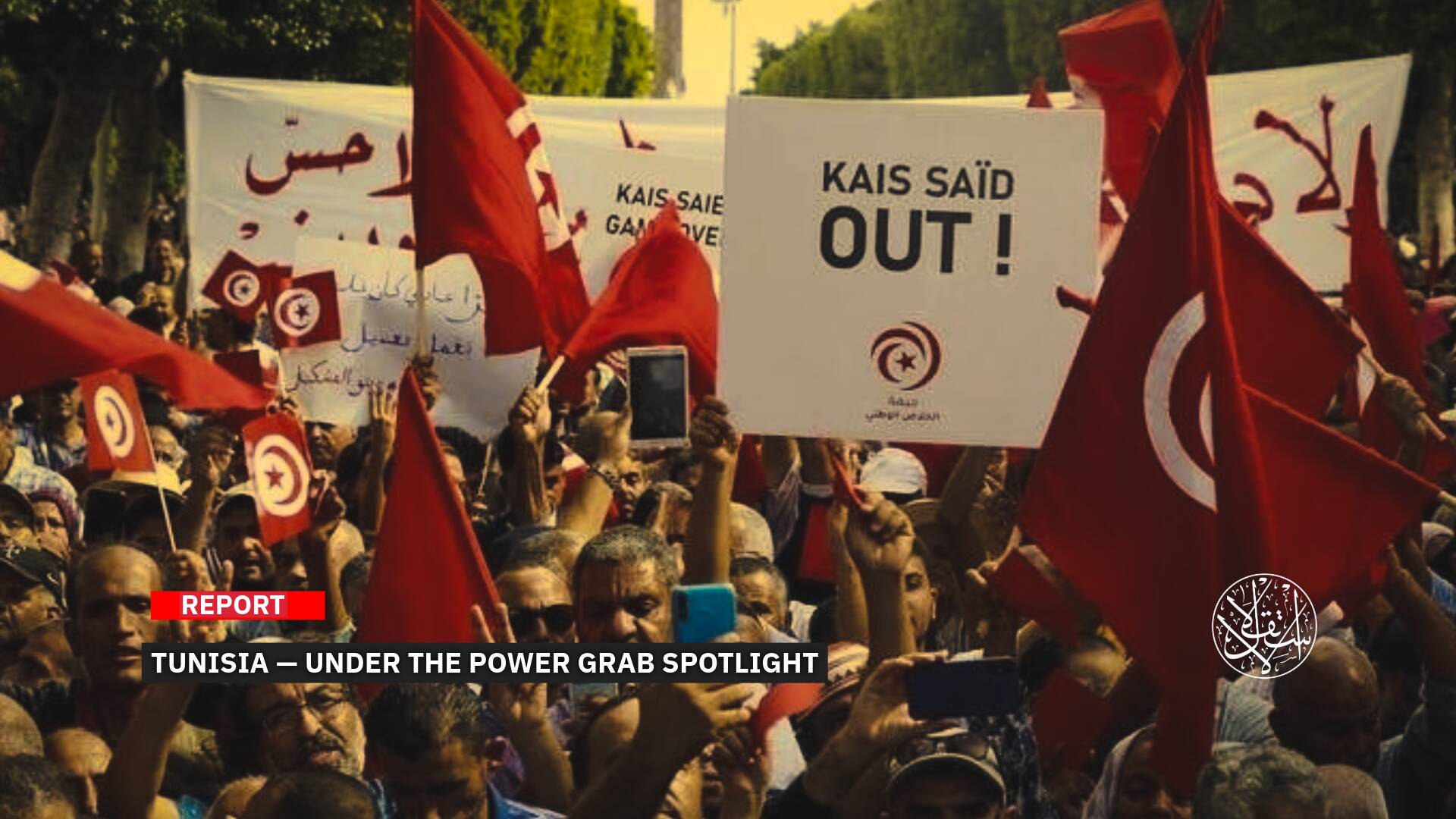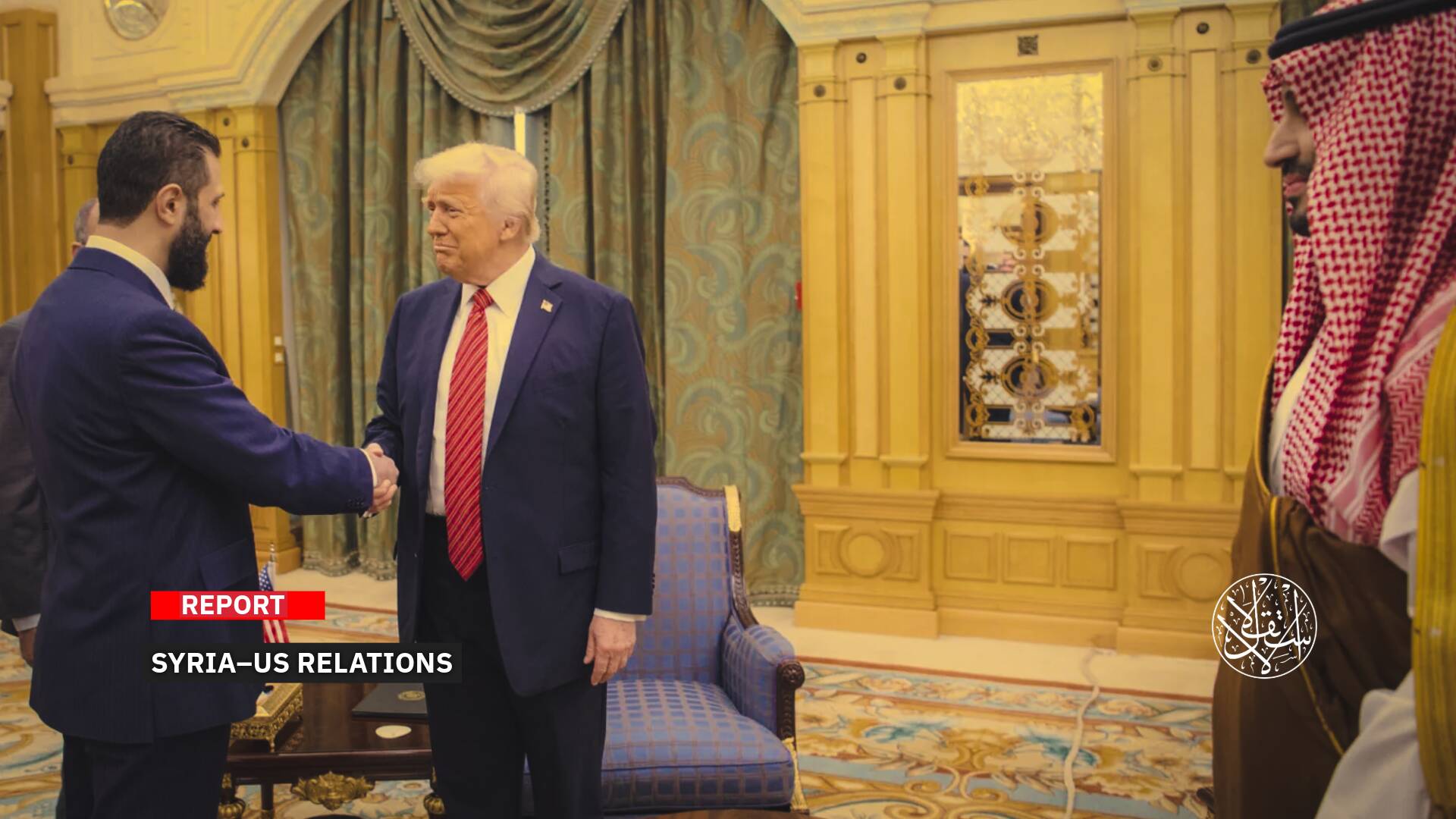Chinese Missiles in RSF Militia Hands: Has Sudan’s Army Lost the Skies?

The Sudanese army has become incapable of carrying out effective aerial operations, especially in the Darfur region.
In a development that signals a potentially dramatic shift in the balance of military power, Western reports have revealed that the United Arab Emirates has supplied the Rapid Support Forces (RSF) militia with advanced air defence systems sourced from China and delivered via Chad.
The Sudanese army has long relied on its aerial superiority as a decisive factor in striking RSF militia strongholds and curbing the group's territorial expansion.
However, the introduction of modern air defence systems into the RSF militia’s arsenal could upend the battlefield calculus, granting the RSF militia a significant edge in blunting the effectiveness of Sudan’s air force and narrowing its operational freedom.
In recent weeks, and at an accelerating pace, the RSF militia has been ceding territory across several Sudanese states, as government forces make steady gains on the ground.
In the capital state—comprising the three cities of Khartoum, Bahri, and Omdurman—the army has tightened its grip on Khartoum and Bahri, while asserting control over most of Omdurman, save for pockets in the west and south.
Since late March 2025, the pace of the army’s advance in Khartoum has quickened markedly, culminating in the recapture of the presidential palace, surrounding ministry buildings, the international airport, and key security and military installations—marking the first time such sites have returned to government hands since the war erupted two years ago.
Across Sudan’s 17 other states, the RSF militia now maintains only fragmented control, limited to parts of North and West Kordofan, pockets in South Kordofan and Blue Nile, and four of the five states that make up the western Darfur region.
The army, meanwhile, holds the strategic city of al Fashir, the capital of North Darfur and the fifth state in the region.
What are the Systems?
On April 15, 2025, the French publication Africa Intelligence reported that Chad had received a shipment of the latest generation of Chinese-made anti-aircraft defence systems, supplied by the United Arab Emirates.
According to the magazine, the delivery was intended for onward transfer to the RSF militia, with Chad serving as the primary conduit for funneling weapons and military equipment to the militia in its war against the Sudanese army.
This was confirmed by Chad’s Ministry of Defence, headed by General Issakha Maloua Djamous, which stated on January 24, 2025, that it had received two FK-2000 air defence systems as part of a “military assistance” package from the UAE’s Ministry of Defence.
The transfer, the ministry added, was carried out with the approval of Beijing, given the Chinese origin and recent design of the systems.
The FK-2000, developed by the state-owned China Aerospace Science and Industry Corporation, is a short-range, ground-to-air missile system designed to counter aerial threats at close range.
The system is equipped with radar capable of detecting targets such as aircraft and drones, and is considered a modified version of Russia’s Pantsir system, mounted on a vehicle that also carries automatic cannons.
Chadian authorities also acknowledged receiving 64 missiles and 6,000 rounds of 30mm ammunition, along with around 100 light vehicles supplied by the UAE since 2021 under contracts awarded to the Emirati firms The Armoured Group and Calidus.

Who Armed RSF?
The French magazine noted in its report that the primary objective of the substantial shipment was to bolster the RSF militia, led by Hemedti, with the necessary firepower to counter the army’s recent advances.
In essence, arms transfers from Abu Dhabi to the RSF militia have surged significantly since the outbreak of the Sudanese conflict in April 2023.
Initially, arms convoys made their way into Sudan's Darfur region via an airport in the Chadian town of Amdjarass, close to the Sudanese border, where UAE authorities had also set up a field hospital.
However, the route proved insufficiently discreet and was gradually replaced by a supply line through the Chadian capital, N'Djamena, last year.
Now, the UAE is exploring regional alternatives, seeking consultations with neighboring countries, including the Central African Republic, to assess potential new routes.
In parallel with the delivery of Chinese-made equipment to N'Djamena, Abu Dhabi has, since the start of the year, bolstered the RSF militia's capabilities in countering aerial threats.
Despite the UAE government's repeated denials of any involvement in the conflict, it has faced consistent criticism from a United Nations panel of experts for its military support to the RSF militia.
Abu Dhabi has informed the United Nations Security Council that its sole interest lies in securing a ceasefire in Sudan, emphasizing that its involvement is limited to humanitarian aid in a war that has displaced over 11 million people.
However, on March 5, the Sudanese government filed a complaint against the UAE at the International Court of Justice in The Hague, accusing it of complicity in genocide.

Are the Scales Shifting?
As questions mount over the ability of these systems to shift the balance of the battlefield—or at the very least, halt the army’s aerial dominance—reports have emerged suggesting that in early April 2025, the RSF militia shot down a Sudanese army Antonov transport aircraft in northern Darfur.
Earlier, in February 2025, the militia claimed to have downed a Sudanese army Il-76 cargo plane near Nyala, the capital of South Darfur.
In the Il-76 strike, three senior officers from the Sudanese Air Force were killed, as the army was caught off guard by the new air defence systems deployed by the RSF militia in Nyala, which began to exert a deterrent effect.
This, according to Africa Intelligence, was reflected in the complete cessation of Sudanese Air Force bombing operations around the capital of South Darfur since late February.
Similarly, the RSF militias have deployed a comparable anti-aircraft system near Geneina, the capital of West Darfur.
The rapid enhancement of the RSF militia's air capabilities extends beyond just defensive systems.
A Reuters investigation published in December 2024 revealed that the militia had acquired Chinese-made CH-95 drones, further expanding its aerial arsenal.
While Reuters did not specify how the drones were transported to Darfur, it reported that the unmanned aerial vehicles are now stationed at a new base at Nyala airport.
The drones, capable of striking targets more than 200 kilometers away, are currently being employed by the RSF militia in their efforts to seize al Fashir, the capital of North Darfur.
Since the onset of the war, the RSF militias have managed to down around 10 Sudanese military aircraft using ground-to-air missiles. These planes were engaged in combat missions, with some involved in reconnaissance tasks.
According to the local Sudanese news site Sudan Akhbar on April 26, 2025, this development has confounded aircrews, forcing them to carry out their missions from extremely high altitudes, which has significantly compromised the accuracy of their strikes.
According to the 2025 Global Air Forces report, the core fleet of the Sudanese Air Force consists of 10 active MiG-29 aircraft, along with a number of other Russian-made planes.
This includes seven MiG-21 and MiG-23 fighters, as well as Sukhoi Su-17 jets from the Su-24 and Su-25 families.

New Military Geometry
With the introduction of the RSF militia’s new defensive systems, the army faces a significant dilemma.
How can it overcome this obstacle and continue its push to reclaim RSF militia-controlled areas that remain under militia control, particularly in Darfur?
This was revealed by military sources to local Sudanese news outlets on April 26, 2025, which reported that the city of Port Sudan had received the latest air defence system, specifically designed to counter unmanned aerial vehicles.
The sources confirmed that the Sudanese Armed Forces will continue to receive additional shipments of strategic weapons in the coming days to bolster their defensive capabilities, according to the local news outlet Nouras News.
Among these weapons is the FM-90 air defence system, an upgraded version of the Chinese-made HQ-7.
Notable for its ability to intercept fighter jets, cruise missiles, and drones within a short-range perimeter, this system enhances Sudan's aerial defence, offering increased protection against the growing threats posed by the UAE-backed RSF militia.
In terms of preparation to strike the air defences of the RSF militia, flight tracking programs have detected military aircraft arriving from Russia and Turkiye at Port Sudan airport in recent days, indicating a rapid escalation in military support for the Sudanese army at this stage.
Commenting on these developments, Sudanese politician Dr. Ibrahim Abdel-Ati stated, "The unfolding events continually reveal that the UAE, by supplying the RSF militia with advanced air defence systems, has not only prolonged the war in Sudan but has also reshaped the military landscape in favour of perpetual chaos."
"The Sudanese army, once reliant on its air superiority as a decisive factor, is now unable to carry out effective aerial operations, particularly in Darfur, thus opening the door for the militia to expand its influence and reposition itself," he told Al-Estiklal.
"This UAE intervention is not random; it is part of a systematic plan aimed at dismantling what remains of Sudan’s central state and transforming the country into a mosaic of militarized zones, each loyal to regional and international powers seeking a strategic foothold in the heart of Africa."
"With the ongoing support, Sudan is rapidly heading toward a de facto division model, where private military entities grow in the ruins of national institutions, even attempting to establish a government and mint a new currency. The concept of a unified state is collapsing, replaced by a new feudal reality, sponsored by foreign powers eager to carve up Sudan like spoils of war," Abdel-Ati continued.
The Sudanese politician concluded by saying, "The people will not forget what the UAE has done through its militias for a long time. Sudan has witnessed its civil war and the darkest period in its history at the hands of the UAE, which has not relented in its efforts to reduce Sudan to a failed state."


